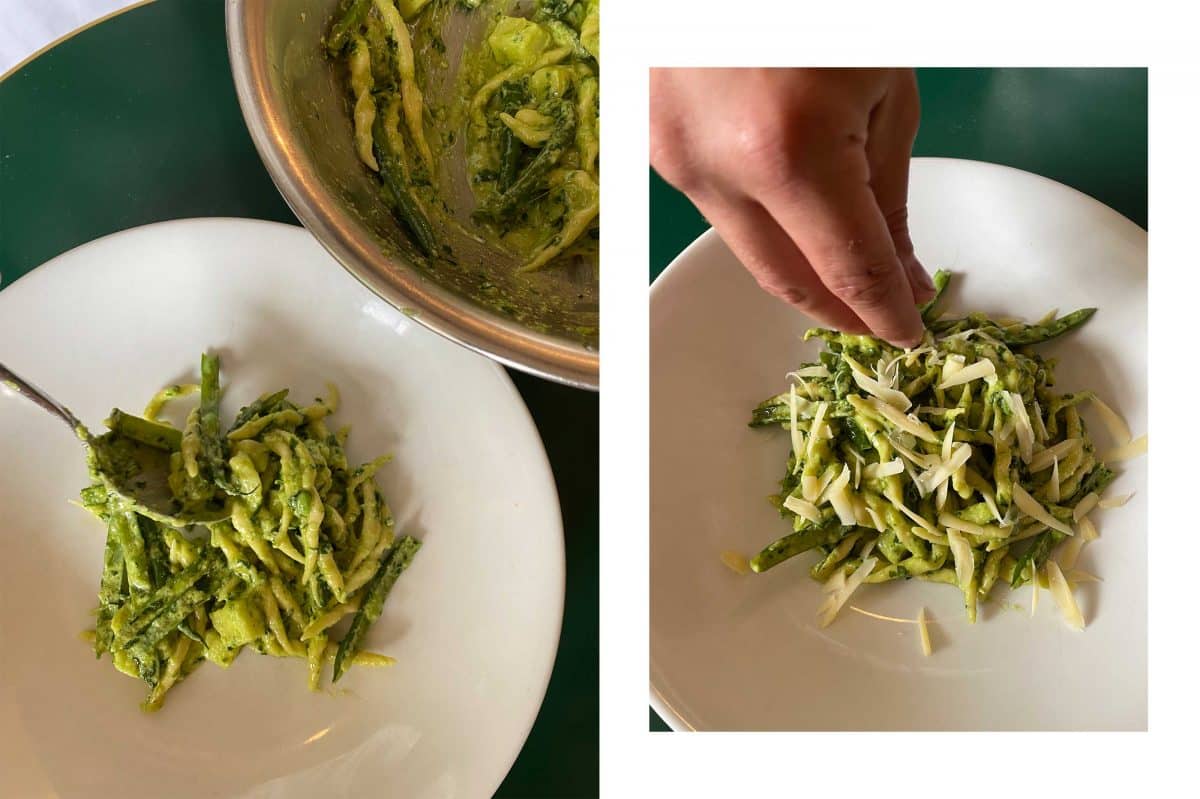
Period pain has become so common that it is considered a 'normal' part of our monthly cycles. So often I hear of women bed ridden by their period pain, unable to work or do the things they love. It’s time to be period positive.
What is period pain?
Period pain is the pain you feel in the first couple of days of your period. This pain is caused by a lipid protein called prostaglandins. When you start day 1 of your period, these proteins are signalled. Once signalled they act by contracting your uterine muscles, which stimulate the shedding of the uterine lining. In other words, they make you bleed.
When we experience period pain it is usually the result of an over-production of prostaglandins. Increased prostaglandins equal increased pain.
Treatment
The primary aim of treatment is to reduce the production of prostaglandins. Once we do this, our periods will begin to become less painful, freeing you up to do what you want, when you want, unencumbered by the side effects of your cycle. You can also start to say goodbye to that monthly dose of painkillers wreaking havoc on your gut health.
How do we do this?
Reduce or remove cow's milk from your diet
Cow's milk contains a protein called A1 (part of the casein family) that may increase inflammatory cytokines, which in turn can raise prostaglandin production. Try removing cow's milk from your diet for three whole cycles and see if you notice any results. For some sufferers, this step alone can have a huge effect.
Take a magnesium supplement
Magnesium works by relaxing your uterine muscles. It also decreases the development of prostaglandins. For this reason it can be used both acutely and throughout the month. I would recommend digesting in the form of a powder containing 300mg of elemental magnesium. When you have your period you can increase this dose to 300mg twice daily (in place of painkillers).
Implementing these two simple steps into your daily routine for at least three months will have you on your way to pain free periods, however if you feel you need additional help you should reach out to your trusted healthcare professional.
A note on abnormal period pain
If you experience pain throughout your cycle and that doesn't abate after taking natural remedies or painkillers, you may have more serious reproductive condition. Please seek help from your trusted GP to gain a proper diagnosis.
Chloe Wilkinson is a practicing clinical naturopath at The Good Health Co.



